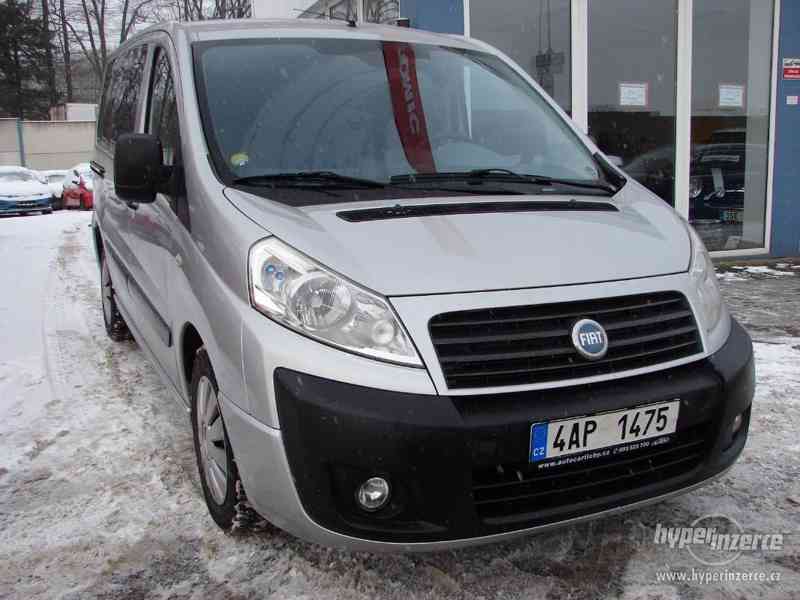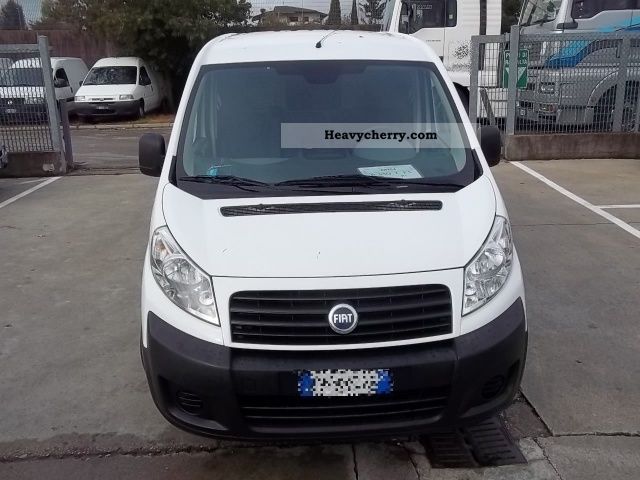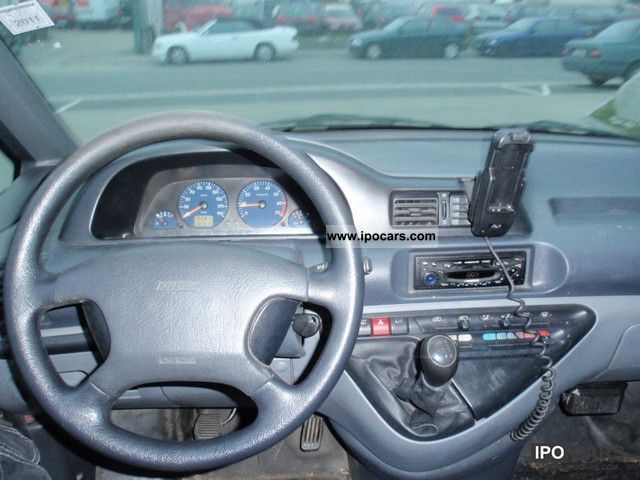
What I used to do was leave the ignition lights on, then disconnect the negative lead on the battery. I think it was some sort of timing solenoid not kicking in which seemed to be activated by a relay on the left wing beside the ECU. I noticed when it wouldn't start, there was no fuel pump clicking noise you hear when you turn on the ignition for the glow plugs to warm up.

so it might be best to just order the stuff online for about £30/5L and go with that for the next 9,000 miles.My 2002 Scudo 1.9 had a intermittent starting issue, it would run great for a few days & then for no reason refuse to start. HOWEVER: Selenia Turbo Diesel is a "synthetic based" oil ? (semi-synthetic?) ? and is suitable for long-life applications, and is recommended in the handbook. So, it LOOKS AS IF and oil meeting ACEA B3 or B4 and API CI-4 should be OK.
#FIAT SCUDO 2.0 JTD REVIEWS PLUS#
Some CI-4 oils may also qualify for the CI-4 PLUS designation. Can be used in place of CD, CE, CF-4, CG-4, and CH-4 oils. CI-4 oils are formulated to sustain engine durability where exhaust gas recirculation (EGR) is used and are intended for use with diesel fuels ranging in sulfur content up to 0.5% weight. For high-speed, four-stroke engines designed to meet 2004 exhaust emission standards implemented in 2002. Can be used in place of CD oils.ĬI-4: Introduced in 2002. For off-road, indirect-injected and other diesel engines including those using fuel with over 0.5% weight sulphur. I think it's a pretty ghastly system, really.ĬD Obsolete Caution Not suitable for use in most diesel-powered automotive engines built after 1994 (WHAT?)ĬF Obsolete Obsolete Introduced in 1994. The highet the next letter, the more recent is the oil technology, and the higher letters are backward-compatible with lower letters, although some consideration has to be used. The "C" in the designation denotes compression ignition engines.

A bit of a minefield, various supersedures and replacements have happened over the years, and there are equivalents.ĪCEA A3/B3 Stable, stay-in-grade Engine Oil intended for use in Passenger Car & Light Duty Van Gasoline & Diesel Engines and/or for extended drain intervals where specified by the engine manufacturer, and/or for year-round use of Low Viscosity Oils, and/or for severe operating conditions as defined by the Engine Manufacturer.ĪCEA A3/B4 Stable, stay-in-grade Engine Oil intended for use in Passenger Car & Light Duty Van Gasoline & DI Diesel Engines, but also suitable for applications described under A3/B3. I am not sure what the diagram in the book exactly means re temperature, it isn't very understandable (I think there's crossover with petrol-fuelled models).

SAE 5W-40 synthetic-based multigrade oil exceeding ACEA B3 and API CF specifications (-30 to +30 deg C) (Selenia WR Diesel). SAE 10W-40 synthetic-based multigrade oil exceeding ACEA B3 and API CD specifications (-15 to +40 deg C) (Selenia Turbo Diesel). The handbook SEEMS to say, for diesel engines: I also prefer to use long-life fully synthetic oil and change it at twice the specified interval (i.e. I changed the oil in my 2.0 JTD SX (16v), and used Castrol Edge 5w-40, although I'd have preferred to use 10W-40 for the summer.

Aha! People here don't seem to like talking about oil, even though it's one of the most important things!


 0 kommentar(er)
0 kommentar(er)
